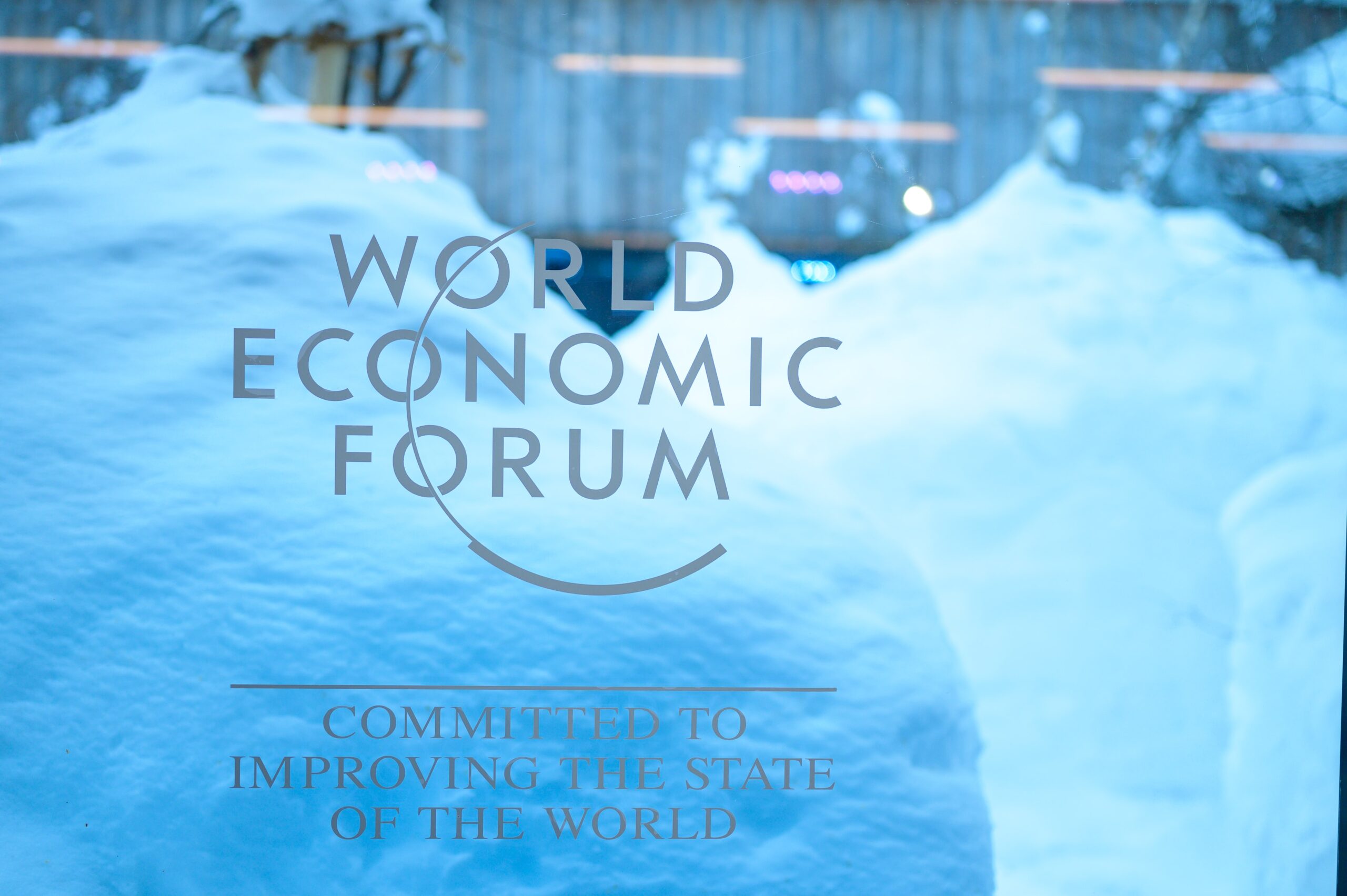The World Inequality Forum

The World Economic Forum took place this past week. Global elites, from billionaires and CEOs to celebrities and government officials, flocked to this exclusive event in Davos, Switzerland. If you watch financial news like me, you undoubtedly noticed the “who’s who” of business being interviewed by the likes of CNBC host Andrew Ross Sorkin. Jamie Dimon, by the way, is back to calling bitcoin a “hyped-up fraud.”
Soundbites aside, there are three main aspects of this event that may surprise you. For all the conspiracy theories that float around, it’s less smoke-filled rooms and more fraternity networking. It’s also very much by elites, for elites. It’s an event where rich person knowledge like “buy, borrow, and die” is exchanged and traded.
The event, therefore, needs a name change. I propose “The World Inequality Forum.” Here are three reasons why.
1. A private event for the global elite
Despite the number of government officials who attend, the World Economic Forum is a private meeting. It was originally founded by German economist Klaus Schwab. He started the Forum back in 1971.
Schwab has consistently preached the message that a corporation is “a social organism, which has to play its role inside society.” He organized the World Economic Forum to help define that role. Schwab often refers to it as “stakeholder capitalism.”
But instead of a representative sample of “stakeholders”, the people Schwab invites to his private party are the elite of the elites. They are the people who run the corporations, regulate the corporations, and act as influencers for the corporations. They are not necessarily the customers, employees, or community members where the businesses operate.
It’s amazing to think a forum so lacking in representation could even try to define what role a corporation should play in society.
2. The Forum’s stated purpose is “altruistic”
This is where it really gets good. The World Economic Forum’s propaganda is next level. They even produced a document to explain its stated purpose and called it the “Davos Manifesto.” Read what it thinks the purpose of a company is:
…A company treats its people with dignity and respect. It honors diversity and strives for continuous improvements in working conditions and employee well-being…A company serves society at large through its activities, supports the communities in which it works, and pays its fair share of taxes… It acts as a steward of the environmental and material universe for future generations…A company is more than an economic unit generating wealth. It fulfills human and societal aspirations as part of the broader social system…
This all sounds great. If any of it were true. What’s missing here is the fact that shareholders would be pretty unhappy if a company placed dignity and respect, diversity, safe working conditions, and environmental concerns all over profitability.
Do any of the ideals articulated in the Manifesto comport with acting in the best interest of shareholders?
Don’t get me wrong, I think all companies should strive for these goals. I want companies to be good stewards of the environment, for example. But we would be pretty naive to expect companies to do this out of the goodness of their hearts. This is capitalism, after all. Companies must be incentivized.
Hosting a fancy forum in a fancy country like Switzerland hardly incentivizes any altruistic behavior, regardless of what the Manifesto says on paper. Thinking that a private forum can actually shape behavior in any way other than profitability is laughable. So while the stated purpose may be altruistic, warm, and encouraging, the reality is far different.
3. The Forum is an expensive networking opportunity
And this is where the inequality component comes into play. For all the preaching about “stakeholder capitalism”, the reality is that the ultra-wealthy at this Forum have captured most of the wealth created in the last few years. They have largely pushed policies that help the richest 1%.
According to a recent global wealth inequality report from Oxfam, an international non-profit, “the richest 1% have captured almost two-thirds of all new wealth – nearly twice as much money as the bottom 99% of the world’s population.”
The World Inequality Forum is designed for the richest 1%, not the bottom 99%. An event with membership costs that range from $130,000 to $921,000 is certainly not for the less fortunate among us.
None of this is an accident. It’s by design. There’s little incentive for this elite group of ultra-wealthy Forum members to advocate for policies that may disadvantage them. Higher corporate tax rates, for example. No carried interest loophole in the United States. Tougher anti-money laundering controls on real estate globally.
They may talk a good game at this Forum, but it leads to little action. Even if proposals are made, nobody is obligated to implement anything. This is a Forum with no teeth.
What the members are left with is an expensive networking opportunity; an excuse to sit across the table from their top competitors and discuss in a competitively questionable environment how to benefit themselves in the coming year. It seems like a field day for antitrust regulators.
So make no mistake, this is not a Forum about altruism or an idealistic vision of stakeholder capitalism. It’s about networking. And it should be known as The World Inequality Forum.


